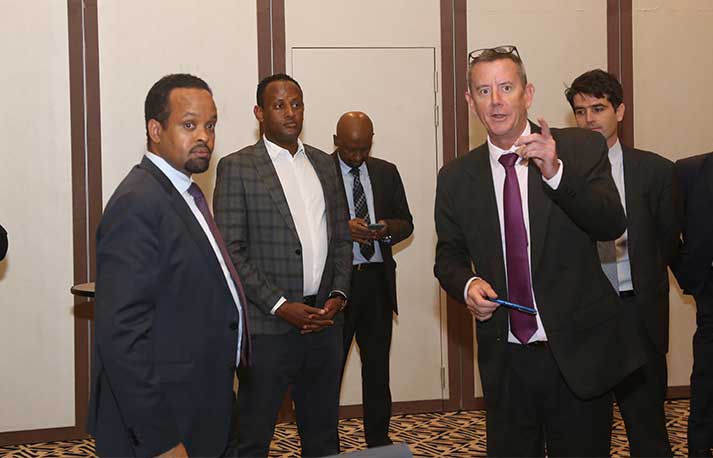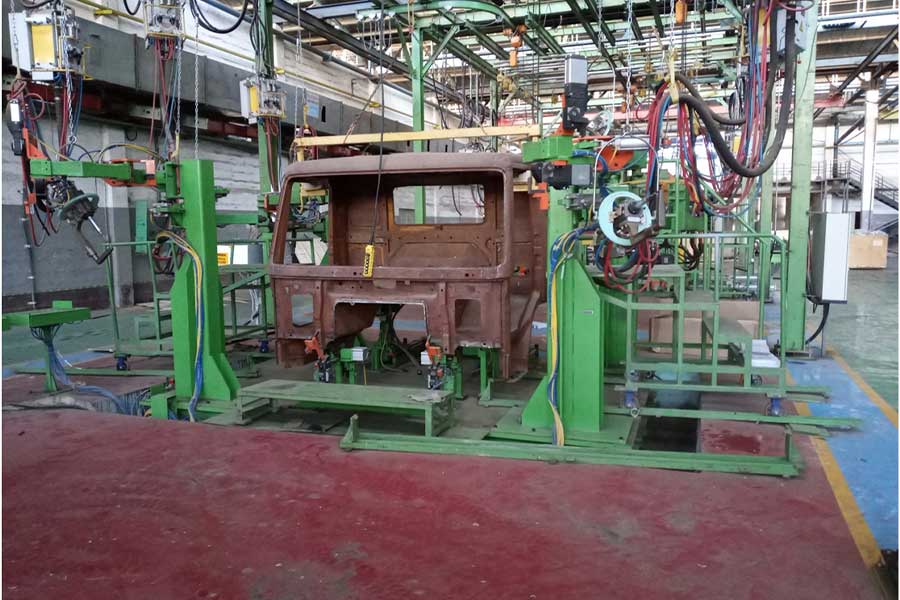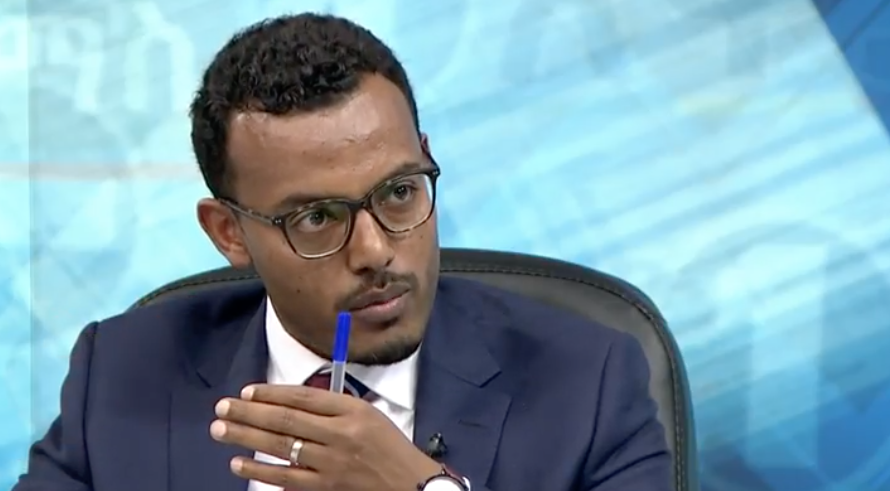
Fortune News | Apr 04,2020
A Japanese and Chinese consortium is contracted to erect a geothermal power plant in Ethiopia after willing a lucrative deal. Comprising the Mitsubishi Corporation and SEPCOIII Electric Power Construction Co., the concessioner awarded the consortium a 100 million dollar contract to complete the delayed project in Tulu Moye.
Tulu Moye Geothermal Operations Plc (TMGO) had issued an international bid in April 2020, where seven companies from Israel, Japan, China, and South Korea turned up. The two East Asian firms won the bid, and TMGO inked deals with them on March 30, 2022, in the presence of Takele Uma, minister of Mines, at the Ministry's headquarters in the Salite Mihret area of Addis Abeba.
The Mitsubishi Corporation, Japan's largest company, is a member of the Mitsubishi Group, founded in 1870. A decade ago, the Corporation supplied solar power technology in the southern parts of Ethiopia. Incorporated in 1952, SEPCOIII Electric Power Construction Co is a Chinese construction and engineering firm in power plants' design, construction, and operation.
The contractors are expected to begin construction on the power plant in September.
TMGO is jointly owned by the Paris-based investment firm Meridian SAS and the Icelandic geothermal development company, Reykjavik Geothermal. It began work on the geothermal power project in Arsi Zone, 100Km southeast of Addis Abeba, in Oromia Regional State, in 2018 after winning a concession from the federal government. It is expected to generate 50mw of power upon completion, making it the first power plant to produce at a commercial scale outside of the national grid.
In 2019, KenGen, a Kenya-based firm, was contracted to handle the drilling of 10 geothermal wells and two injection wells at the Iteya geothermal site at the cost of 52 million dollars. Three wells with depths from 2,500 and 3,000m below sea level have been completed. KenGen is drilling the fourth well, according to Nazif Jemal, communications officer at TMGO.
The Tulu Moye project was scheduled to be completed next year with an estimated investment of 800 million dollars. However, TMGO executives say travel restrictions imposed due to the COVID-19 pandemic had forced them to suspend drilling for several months in 2020. They have pushed back the deadline by one year.
The project is part of an agreement signed with the government to develop 150mw of geothermal capacity by 2025. A feasibility study commissioned by TMGO and conducted by Delphos International, an American company, discovered that the area where the project is being carried out has the potential to generate 2,000mw. According to Ethiopian Electric Power, Ethiopia can generate up to 10,000mw of energy from geothermal sources.
Hydropower and wind remain the primary sources of electric power, accounting for 95pc of the 4,500mw the country produces. Hydropower is most critical to Ethiopia as it is cheaper than other sources, and nine of the country's major rivers are suitable for hydroelectric power generation.
Unlike solar and hydro sources, geothermal energy sources are sustainable and carbon-free, says Nazim.
“It isn't affected by drought either," he said.
Despite sustainability, geothermal energy projects are much more expensive to implement than hydroelectric power plants, while low electricity costs in Ethiopia are also at odds with the substantial investments required. Private companies are allowed to generate energy and sell it to the government.
In 2017, TMGO signed a power purchasing agreement with the government to supply a kilowatt of power at 0.04 dollars. This rate was adjusted to 0.07 dollars in March 2020. Still, the price is lower than the 0.09 dollars average cost required to produce a kilowatt of electricity from geothermal sources. In contrast, prices for a kilowatt generated from solar energy stand around 0.03 dollars.
Tigabu Atalo, an independent power consultant, observed that the disparity is discouraging to investors but said geothermal projects require far lower maintenance costs than other sources, such as hydropower.
However, Bahiru Oljira, director of competency certification and technical regulation at the Ethiopian Petroleum & Energy Authority Authority, says the tariffs are set considering the affordability for end-users.
“The tariff also considers costs incurred by the developer," said Bahiru.
Based in Saudi Arabia, Acwa Power signed a power purchase agreement with the government in 2019 to produce 125mw of energy from solar sources. However, the company withdrew from the deal last year. Bahiru blamed the shortage of foreign currency for pushing the Middle Eastern company to terminate the contract.
PUBLISHED ON
Apr 02,2022 [ VOL
23 , NO
1144]

Fortune News | Apr 04,2020

Radar | Oct 14,2023

Radar | Aug 31,2019

Fortune News | Apr 10,2021

Fortune News | May 21,2022

Radar | Jul 03,2021

Fortune News | Jan 25,2020

Radar | Aug 03,2019

Fortune News | Jun 23,2019

Radar | Mar 21,2020

Dec 22 , 2024 . By TIZITA SHEWAFERAW
Charged with transforming colossal state-owned enterprises into modern and competitiv...

Aug 18 , 2024 . By AKSAH ITALO
Although predictable Yonas Zerihun's job in the ride-hailing service is not immune to...

Jul 28 , 2024 . By TIZITA SHEWAFERAW
Unhabitual, perhaps too many, Samuel Gebreyohannes, 38, used to occasionally enjoy a couple of beers at breakfast. However, he recently swit...

Jul 13 , 2024 . By AKSAH ITALO
Investors who rely on tractors, trucks, and field vehicles for commuting, transporting commodities, and f...

Jul 12 , 2025
Political leaders and their policy advisors often promise great leaps forward, yet th...

Jul 5 , 2025
Six years ago, Ethiopia was the darling of international liberal commentators. A year...

Jun 28 , 2025
Meseret Damtie, the assertive auditor general, has never been shy about naming names...

Jun 21 , 2025
A well-worn adage says, “Budget is not destiny, but it is direction.” Examining t...